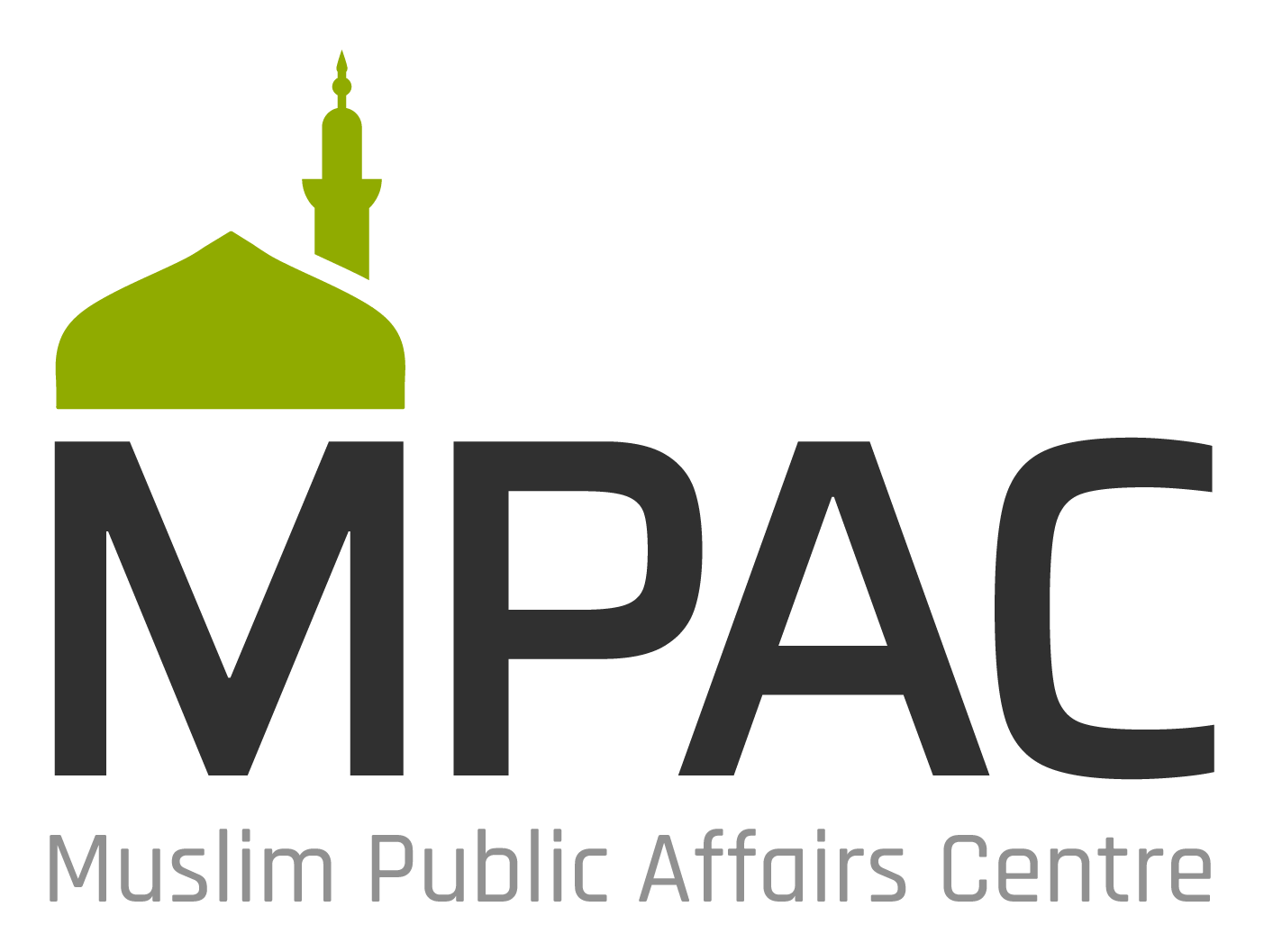
Advocating for Muslims is to promote their interests, rights, and well-being. Intolerance and discrimination against Muslims are not new, but there appears to be a surge in recent years ranging from verbal harassment, hate speech, religious profiling and even violent attacks. Many Muslims in Nigeria also confront lack of equal opportunities in employment and education, and face restrictions on the public expression of their religion.
In 2022, the United Nations strongly encouraged the international community to “take all necessary measures” to combat discrimination against Muslims and “prohibit any advocacy of religious hatred that constitutes incitement to violence” while warning that anti-Muslim hatred has reached “epidemic proportions.”
Worryingly – this appeal has fallen largely on deaf ears, particularly within the executive boardrooms of social media companies, which have done little or nothing to remove anti-Muslim contents from their platforms. This inaction is having a devastating impact on Muslim communities throughout the world, with the microblogging site Twitter becoming a primary source for the proliferation and amplification of anti-Muslim hatred.
The social media company should now focus its attention on user behaviour within three countries in particular, according to a new study, which found the US, the UK, and India contributed a staggering 86% of global anti-Muslim content on Twitter during a three-year period.
The study by the Islamic Council of Victoria (ICV) – the apex Muslim body in the Australian state of Victoria found nearly four million anti-Muslim posts made during a 24-month period between 2017 and 2019.
While the internet is an incredibly powerful tool for sharing ideas and connecting people, its wide accessibility has exponentially increased the prevalence of hate messages and anti-Muslim sentiments. Groups and individuals have found greater opportunities to spread messages of intolerance and hate far and wide without thinking of what damages hate rhetoric and hate crimes can do to our society. MPAC is working to eliminate the proliferation of hateful messages in all its forms, including advocacy directed at media organizations and online companies to ensure their platforms are not incubators of hate.
Reacting To Online Hate
If you believe you have been the victim of online hate, you should:
- Learn about and understand the difference between cyberbullying and online hate.
- Report the crime to your local police station immediately. Ask that the incident be treated as a hate crime. Follow up with investigators. Inform MPAC even if you believe it is a “small” incident.
- Document the incident. Keep screenshots of the actual information or post made by the offender, and relevant hostile/hate comments generated. Take photographs, if possible.
- Act quickly. Each incident must be dealt with when it happens, not when convenient.
- Mobilize both legal and community support. Contact MPAC and a local mosque or organization.
- Stay on top of the situation.
- Announce results. When the incident is resolved, make an announcement to the same people and organizations originally contacted.
Cyberbullying
Cyberbullying is bullying with the use of digital technologies. It can take place on social media, messaging platforms, gaming platforms and mobile phones. It is repeated behaviour, aimed at scaring, angering or shaming those who are targeted. Examples include:
- spreading lies about or posting embarrassing photos or videos of someone on social media
- sending hurtful, abusive or threatening messages, images or videos via messaging platforms
- impersonating someone and sending mean messages to others on their behalf or through fake accounts.
Online Hate
Online Hate is posting and sharing hateful and prejudiced content against an individual, group or community. It can take the form of derogatory, demonizing and dehumanizing statements, threats, identity-based insults, pejorative terms and slurs.
If a post is hostile towards your religion or your religious identity, it could be viewed as Hate Speech. If it is serious enough, it may break the law, whether it is online or offline.
Online Hate can be expressed through many types of media, including text, images, videos and audio. These different types of media content are sometimes combined.
